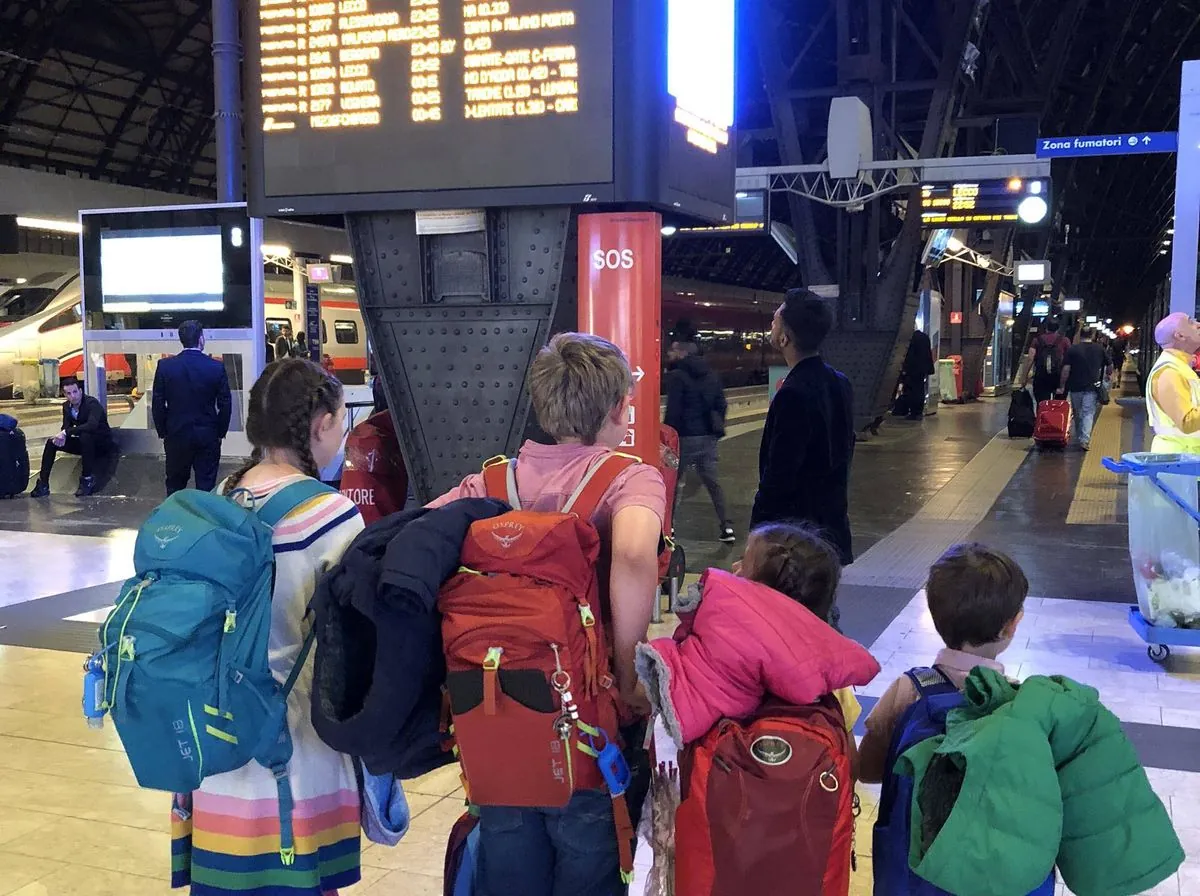Kirstie Allsopp, a prominent TV presenter, has found herself at the center of a controversy that has ignited a broader debate on teenage independence. The 52-year-old personality revealed that she faced questioning from social services after allowing her 15-year-old son to embark on an interrailing journey across Europe.
Interrailing, a popular mode of travel among young Europeans, allows individuals to explore the continent using a special rail pass. Allsopp's decision to permit her son's adventure has sparked discussions about the changing perceptions of youth independence and parental responsibility.
The incident came to light when Allsopp disclosed that a report was filed with the Royal Borough of Kensington and Chelsea (RBKC), her local council. She asserts that the call to social services was "malicious" and intended to cause distress. The TV host expressed her surprise at the council's response, describing it as "utterly bizarre" given the context of the situation.
"Social services should have recognised that and dealt with it accordingly, malicious calls are actually an element with all social services."
Allsopp's case has brought attention to the evolving landscape of adolescent independence. In 1972, the school leaving age in England was 15, with many young people entering the workforce at that age. Today, the situation is markedly different, with compulsory education or training extending to 18 years old since 2015.
The TV presenter argues that this shift has led to an "infantilization" of teenagers, potentially contributing to the rise in adolescent mental health issues. Anxiety disorders are now recognized as the most common mental health problems among children and adolescents, a trend that has sparked concern among experts and parents alike.
Allsopp's stance aligns with the "free-range parenting" movement, which advocates for granting children more independence to foster resilience and self-reliance. This approach contrasts sharply with the concept of "helicopter parenting" that emerged in the early 2000s, characterized by overprotective and overly involved parenting styles.
The debate surrounding teenage independence is complex, involving various factors such as societal changes, technological advancements, and evolving legal frameworks. The United Nations Convention on the Rights of the Child recognizes the importance of considering children's evolving capacities, a principle that seems to support Allsopp's position.
Interestingly, while concerns about safety often drive overprotective behaviors, the World Health Organization reports that global crime rates have been declining since the 1990s. This statistic challenges the perception that the world has become more dangerous for young people.
As this discussion unfolds, it's clear that finding a balance between protecting young people and allowing them to develop independence remains a challenging task for parents and society at large. The incident involving Kirstie Allsopp and her son serves as a catalyst for a much-needed conversation about the future of youth autonomy and development in an ever-changing world.
